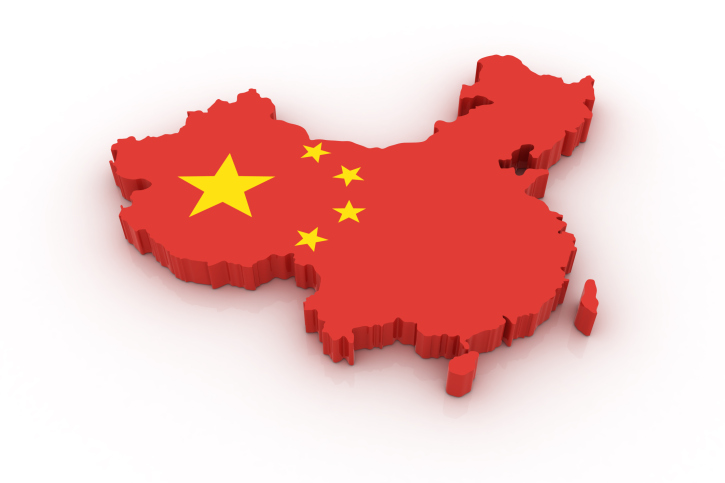 The Chinese economy expanded at its slowest pace in 27 years in the second quarter of 2019.
The Chinese economy expanded at its slowest pace in 27 years in the second quarter of 2019.
According to data released by the Chinese government, China’s economy grew by just 6.2% in the second quarter of the year, down from 6.4% in the first quarter.
According to CNN, the country’s National Bureau of Statistics said in a statement that the Chinese economy will continue to face “downward pressure” in the second half of this year.
“The Chinese economy is still in a complex and grave situation,” the statement said. “Global growth has slowed and external uncertainties are on the rise.”
A spokesperson for China’s National Bureau of Statistics told reporters that the “external environment” is more complicated than before.
The GDP figure comes as China remains stuck in an ongoing trade war with the U.S. The trade war has hurt businesses and affected growth.
US President Donald Trump said in a tweet that the US trade tariffs on Chinese goods are having “a major effect” on China’s economy.
“The United States Tariffs are having a major effect on companies wanting to leave China for non-tariffed countries,” Trump tweeted. “Thousands of companies are leaving. This is why China wants to make a deal with the U.S., and wishes it had not broken the original deal in the first place.”
What immediate impact does China’s slowing economic growth have on the global economy?
China is the biggest export customer for many countries in Asia and is a massive global market for consumer goods, foods, and tech – it is the world’s second-biggest export market behind the US. Therefore, a decline in Chinese economic activity can have potentially severe global repercussions.
Vishnu Varathan, head of Asia and Oceania economics and strategy at Mizuho Bank, was quoted by CNBC as saying that weak Chinese economic growth in the second quarter “may cause wobbles in the rest of Asia if the slowdown ignites worries of trade tensions,”
Varathan added that what’s more concerning is “an even sharper slowdown in China’s imports flags risks of supply-chain effects hurting rest of Asia for which China remain a major market,”
